Portland cement price is available in several types including type 1 cement and varies based on the brands, size, and type which affects the quality of finish.
Portland cement price is one of the primary considerations in the process of construction building.
Cement is an inevitable part of any construction, especially in modern buildings.
Acting as a binder, people usually use cement to bind construction materials. Then, it sets, hardens, and becomes part of the buildings.
Portland cement contains binding properties to make structural elements stronger.
Regardless of its function, various options of Portland cement are available in the market that can be a bit overwhelming to select.
Explore the following basics to help you understand more about this building material.
Contents
What Is Portland Cement Price?
Portland cement price refers to the cost of Portland cement available both at offline and online vendors.
Portland cement production includes the heating process of the primary materials which is usually a combination between limestone and clay at high temperatures. Other silica mixtures are eligible to make it.
The heating process occurs in a rotating kiln where a certain amount of gypsum is added to the cement mixture to create a fine powder.
Portland cement comes in several types and different colors. Most of them are a grey color and others have white color.
Each variety has a different use in the construction. The variety of cement affects its price in a particular country such as Portland cement price Philippines.
Portland Cement Uses
Portland cement is very popular because it is a primary material in concrete production. It is also a basic component to create mortars, stucco, and a certain type of grout.
To make concrete, you must combine cement with gravel, sand, and water and cast the mixture to any preferable shape.
A mix of Portland cement and water sets within a few hours and becomes harder over several weeks.
When the concrete is completely set and dry, people can use it as a structural element in any construction.
That is why the use of concrete is easily visible in public such as panels, roads, beams, and dams.
Portland cement undergoes a continuous process during setting and hardening time. During the test, there are two specific times accessed.
The early setting time denotes the period from cement mixing with water to a specific time when cement mixing releases plasticity and achieves a certain stiff texture.
At the end of the early setting time, it is possible to cast the mixture into shape. The final setting time refers to a period when set cement has firmness and can withstand a certain amount of pressure.
The early setting time usually requires 45 minutes at standard temperature while the final setting time needs around 12 hours.
Types of Portland Cement
Some people may misunderstand Portland cement to be a brand name. However, Portland cement is a product of numerous cement manufacturers.
Instead of a brand name, it is rather one type of cement. Below is the classification of Portland cement.
1. Type I (Ordinary Portland Cement)
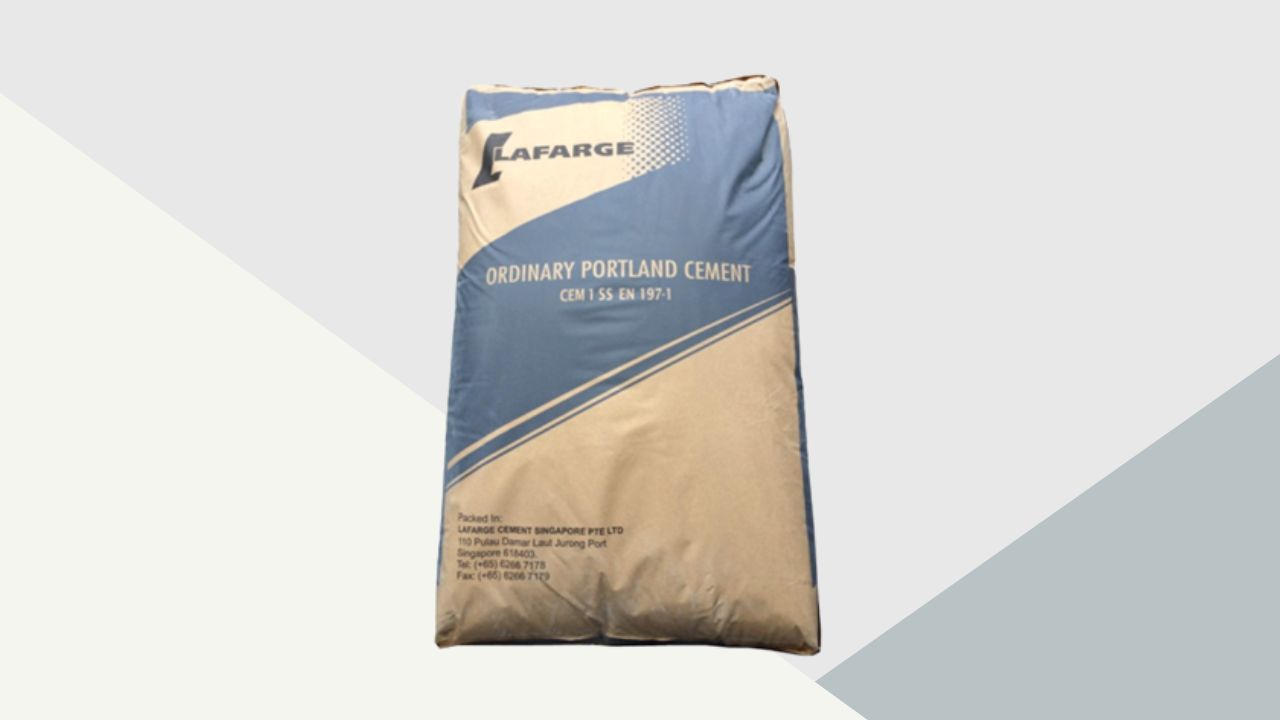
Portland cement type I is what most people know as standard cement. It is an ordinary cement with general uses so it becomes part of structural elements in buildings or other structures.
2. Type II (Modified Portland Cement)
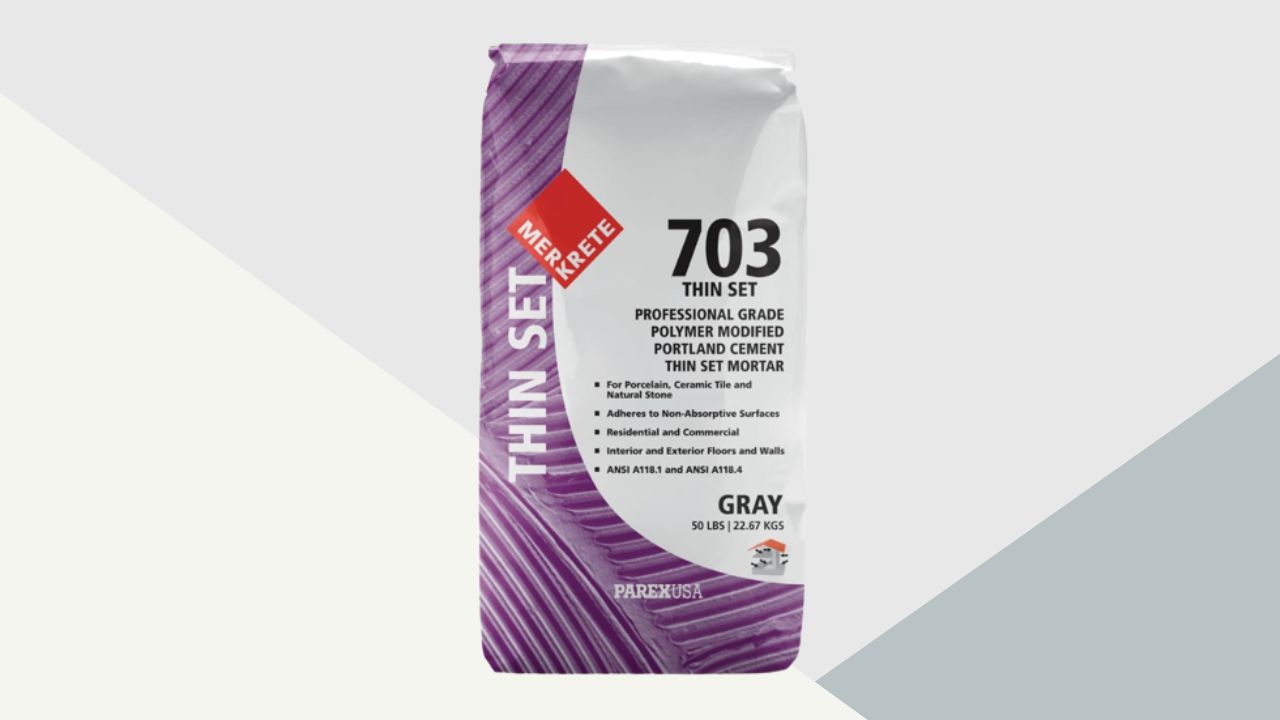
Type II Portland cement receives modifications because its uses will affect the durability of structures.
Modified Portland cement is suitable for any building in which some of its parts are in the water.
Another application is a construction that exists in sulfate-contained soil or locations prone to heat.
3. Type III (High Early Strength)
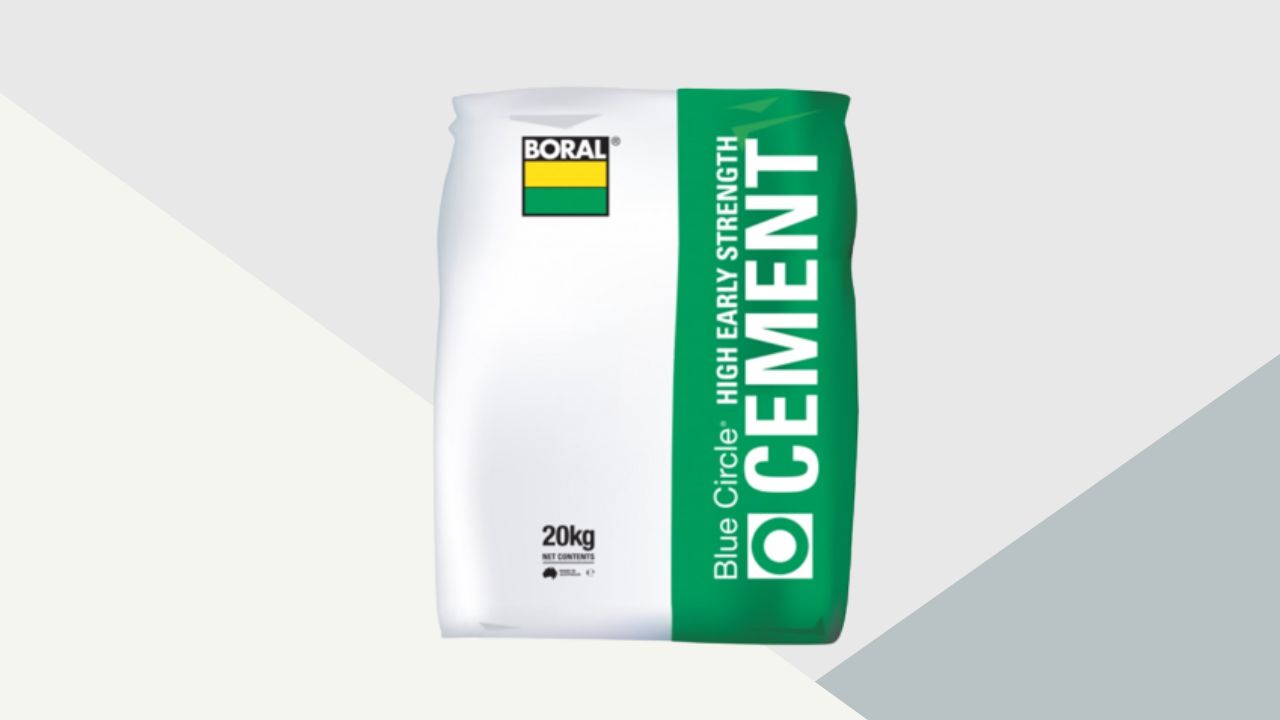
Type III is Portland cement that provides a high early strength to the buildings.
It is an ideal option if you require a construction element to create highly durable structures from the beginning. This quality undeniably affects this Portland cement price in the market.
4. Type IV (Low Heat Portland Cement)
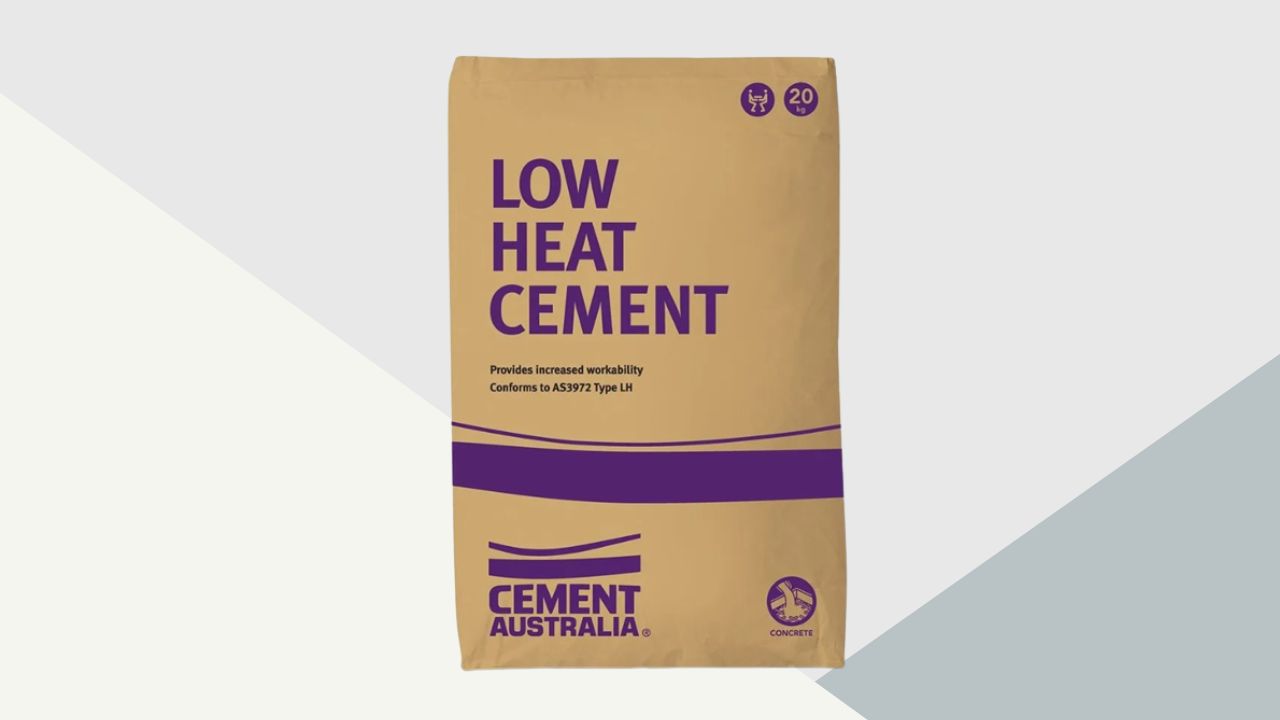
Type IV refers to low-heat Portland cement. People will use this type during construction which requires them to keep the heat at a minimum temperature.
5. Type V (Sulfate Resistant Portland Cement)
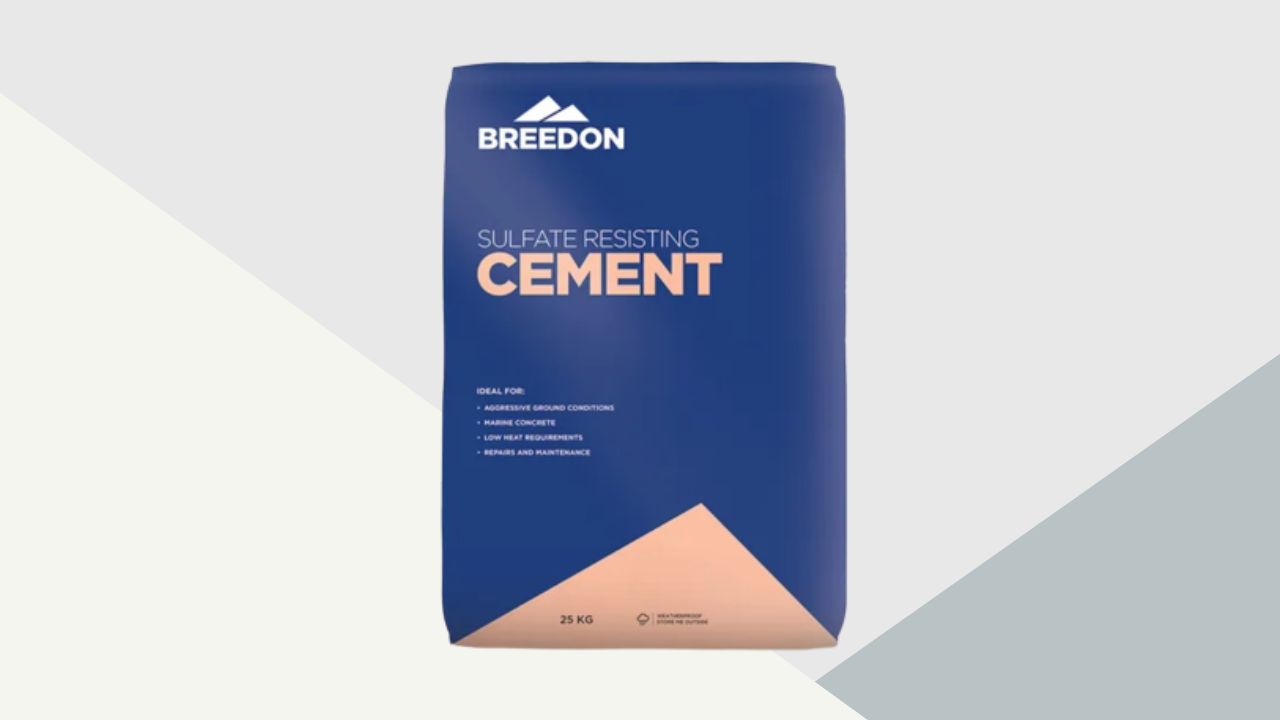
Type V Portland cement comes to provide sulfate resistance. The ideal use of this type is any construction located over the soil or in water with high alkali content. Using type V cement allows the building to last longer.
Type 1 cement, type 2 cement, and type 3 cement are popular elements in air-entrained concrete production because they have similar properties.
Combined with other concrete materials, they form microscopic bubbles to decrease internal pressure in the concrete.
Besides, cement type 1 and cement type 2 contain a small amount of air-entrained material.
However, the types of cement are not merely limited to those five because you also can find cement for multiple purposes like masonry cement.
Portland Cement Price List
Portland cement price comes in various options but most are not significantly different. It may confuse people to choose the best cement to buy.
Here is a list of Portland cement price per bag based on size and brand you can consider before purchasing.
Brand | Size | Price per bag |
| Holcim Portland cement | 40 kg | ₱550 |
| Republic Portland cement | 40 kg | ₱350 |
| Chichibu White Portland cement | 1 kg | ₱180 |
| Generic White Portland cement | 1 kg | ₱187 |
| Portland pozzoloana cement | 40 kg | ₱235 |
| Eagle Portland cement | 1 kg | ₱130 |
| Rizal structural masonry cement | 1 kg | ₱122 |
Portland cement price varies due to several factors that include the type, size, and brands of Portland cement.
Regardless of how much money you spend on cement, it is worth buying if you get the right type.
So, you must know what kind of structure to build and where is the location for the best decision.